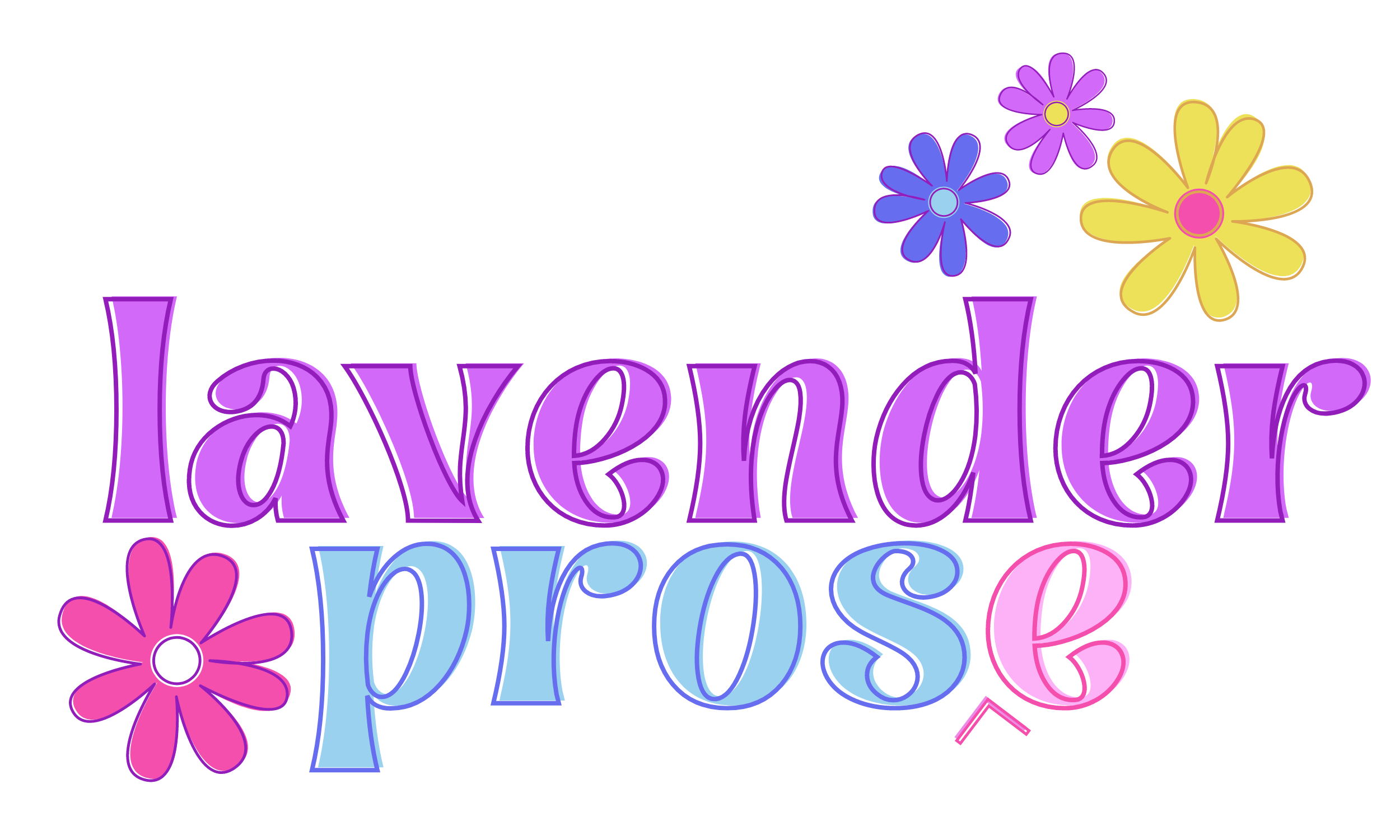Learn From My Worldbuilding Mistakes
As an editor, worldbuilding is one of the big four subjects that I focus on when giving my critiques.
And as a writer, it’s one of my absolute favorite parts of the process. I could talk about it for days with my friends. The little details that immerse me in a fictional world make me giddy!
The world our characters inhabit impacts every part of the story.
Don’t believe me?
If our characters get stuck in a tropical storm, that’s because of the worldbuilding.
If one kingdom is fighting with another, that’s worldbuilding.
Worldbuilding isn’t just surface-level stuff. It’s the religion that guides our characters’ actions. It’s the struggle against their circumstances that helps our characters grow. It’s what makes star-crossed lovers.
It’s way too easy to get caught up in all of those little details. And it’s soooo tempting to spend weeks developing your world before you even start your first draft.
Believe me, I’ve done it.
And because I’ve done it, I can tell you from experience that that’s a bad idea.
That excitement you have for your shiny new idea won’t last forever. (How much easier would writing be if it did?!)
Unfortunately, if you spend all of that time and excitement on minor details, you won’t have built up enough momentum to get you through the inevitable slump. You need pages and relationships with your characters and story progress to keep you motivated.
I have pages and pages of worldbuilding for a story that hasn’t gotten past act one.
That’s not great. It doesn’t feel great either.
For that reason, if you’re still writing your first or second draft, I recommend focusing on the essentials and leaving the rest for later. Trust me, there will be plenty of time for you to sprinkle in the details that will really flesh out your world!
The Five Essentials of worldbuilding
So, I’ll be the first to admit that this list is a little bit sneaky. But more on that in a second.
the setting
the history and conflicts
the inhabitants and their beliefs
the technology/magic
the rules and rulers
It looks simple enough. But take the setting, for example.
Is that a place?
A time?
It’s both of those things (and more!)
Say you were going to write a story that takes place on an alien planet. You’d need to know what’s able to live there and what life is like for them. If there’s ongoing tension between two groups of creatures or a famine ravaging the planet, that’s going to feel like a different world than one where everyone gets along and has plenty to eat. The same physical place can yield two very different stories if one character experiences loss and fear and the other has things handed to them on a silver platter, which is something the society you create will dictate.
Because worldbuilding is way more complicated than it looks from that list and you shouldn’t be spending all of your time focusing on it when you start your new book, you probably have questions.
How much detail is “good enough” for now?
How do you know when to stop?
Put yourself in your main characters’ shoes.
(If you have a specific baddie, you can do this for them too!)
Your main character isn’t just the focus of your story, they’re also the thing that lets readers experience the world.
It’s one thing to describe all of the hues of a landscape; it’s a completely different thing to describe the cold dew under feet and the taste of sun-kissed berries. Those are details you’d write in later, but what I’m saying here is that if you want something to really touch your readers, it has to affect your main characters too.
Ask things like:
What is my MC’s home like? Did they grow up with many neighbors or totally isolated?
What part of the world’s history has affected my MC’s family and the present world? Are there lingering tensions between peoples?
You don’t need to know the entire history of every civilization. But are there lingering tensions between groups of people? Does that affect your main characters or the plot? You need to know what caused that.
Who does my MC see on a regular basis? Are they similar or super different?
You don’t need to spend time dreaming up a village full of dogs that can walk on two legs if your characters never visit and their existence doesn’t change the plot.
Does my MC has any religious beliefs? How do their beliefs compare to those of the people around them? Do their beliefs guide their actions or forbid anything?
Does my MC have access to technology or magic? How do those things affect them personally?
Are the important leaders fair? Are there unjust rules in place? How do the laws affect my MC’s life?
And, duh, if it’s part of the plot (like the big-bad dragon that’s eating villagers), make sure you know its role in the story. You can start writing before you know for sure what’s going to happen to that dragon, but at least have an idea of what it does, maybe the why behind its actions, and how it affects your characters.
If something doesn’t affect your characters or plot in any major way, it’s a detail that can wait until later.
Of course, if you have an idea, write it down! But the beginning of a project isn’t the time to spend days designing a family crest.
Later this month, i’ll be sharing a scrivener template (and google sheet for folks who don’t use scrivener) that i use to help with my worldbuilding!
Sign up for my newsletter to make sure you get it!


